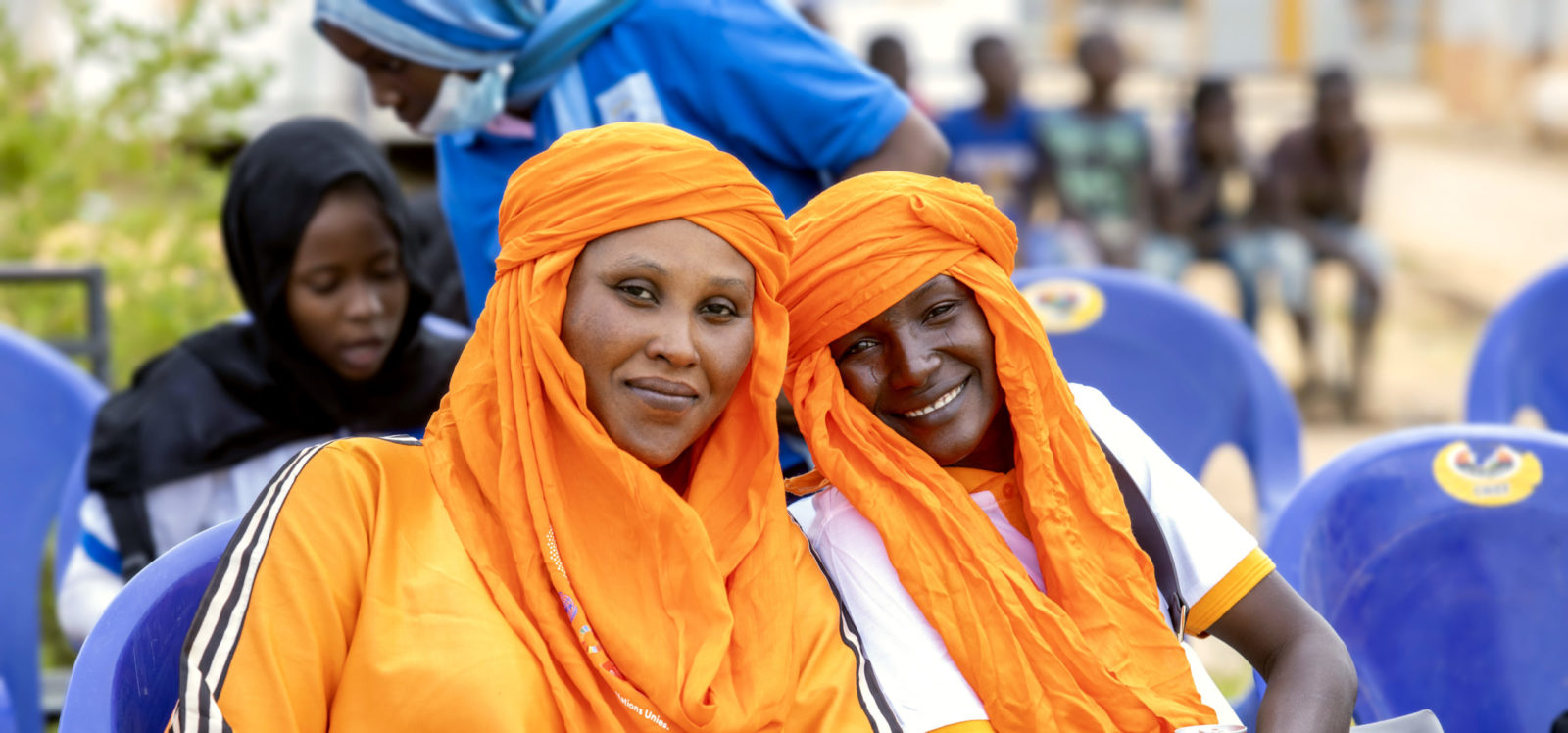WPHF aims to channel urgent financing to local women’s organizations in Niger working to enhance women’s meaningful participation in conflict resolution and prevention efforts.
Our Work
In Niger, WPHF is strengthening the capacity of civil society organizations and women’s groups working to prevent and counter violent extremism and armed conflict, as well as enhancing women’s participation and leadership in formal and informal peace processes and the implementation of peace agreements.
Background
For decades, Niger has faced several security threats, particularly related to access to natural resources (land, pastoral and mining), demographic dividends, political and institutional instability, and local governance. Recently, the presence of armed and terrorist grounds on the borders with Mali, Nigeria, Burkina Faso and Libya, topped with the effects of global warming, has exposed Niger to significant violence and population displacement, creating a climate of fear and lack of trust in the state and its representatives.
As a result, humanitarian needs in Niger have been on constant rise since 2016. According to the UN Office for the Coordination of Humanitarian Affairs (OCHA)’s Global Humanitarian Overview 2023, it is estimated that over 4.2 million people will be in need of assistance in 2023. As of 30 September 2022, the country hosted over 376,000 internally displaced people (IDPs) and 253,000 refugees.
The report also forecasted heightened food insecurity, increased insecurity and internal displacement, and enhanced need for Protection in the regions most affected by conflict.
Since 2012, Niger, together with its technical and financial partners, has taken different initiatives to deal with the flow of refugees escaping the conflict in Northern Mali. Civil society organizations, particularly women’s groups, have also become involved, but their lack of resources has prevented them from having a greater impact on peacebuilding efforts and complementing other ongoing activities.
The current security and humanitarian crises in Niger have also led to heavy militarization of the country, causing significant restrictions on movement, especially in conflict-affected areas. In this context, women and girls have increasingly become victims and actors of violence due to their limited access to education, reproductive health, and the management and control of land and natural resources. These barriers, which prevent women from accessing economic opportunities, explain why Niger’s gender inequality index is one of the highest in Africa, with women earning 15 times less than men—and 24 less times that the average woman in Sub-Saharan Africa.
To reverse this dynamic, the government of Niger adopted a National Action Plan (NAP) for the implementation of Resolution 1325 over the 2017-2019 period, seeking to improve the resilience of women and girls to the effects of conflict by involving them in peacebuilding mechanisms and forums. Although some initiatives produced encouraging results, the assessment of the NAP noted the ineffectiveness of the coordination mechanism for all actions inspired by the Women, Peace and Security (WPS) agenda in Niger. This, together with the new conflict context and other practical challenges, resulted in the adoption of a new NAP from 2020 to 2024, aimed at operationalizing the coordination mechanism through a permanent secretariat with an active participation of women’s civil society organizations.
Our Vision
In Niger, WPHF aims to fill the structural funding gaps for women’s organizations so that they can play a greater role in improving women’s participation in conflict resolution and prevention efforts, thus contributing to achieving sustainable and inclusive peace across the country.
